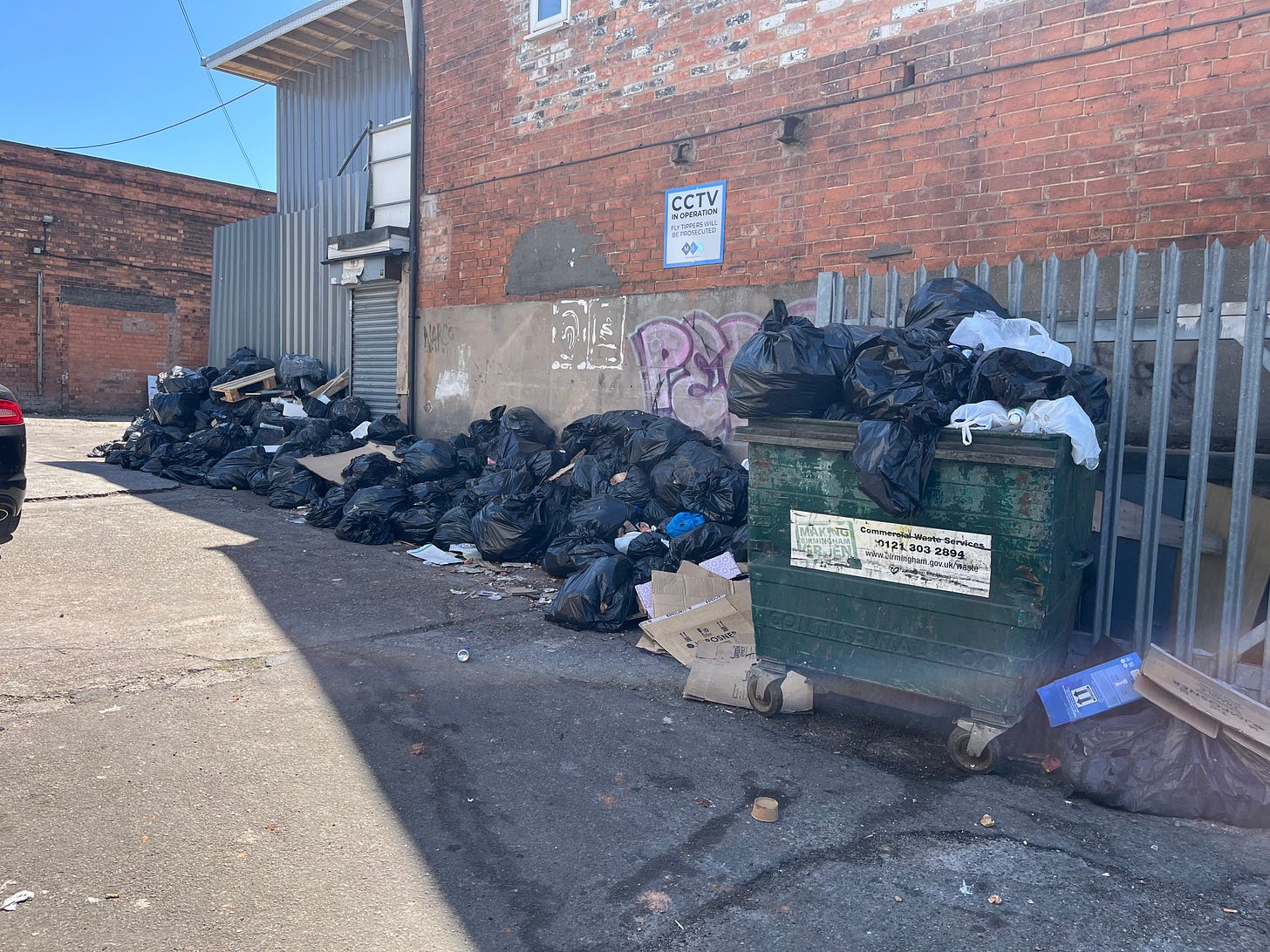The Lead Untangles: What is happening in Birmingham? Bin workers strike, negotiations stalling, council bankrupt
The all-out strike by Unite could last all year, we headed to England's second city to see what's been happening
In an era where misinformation is actively and deliberately used by elected politicians and where advocates and opposers of beliefs state their point of view as fact, sometimes the most useful tool reporters have is to help readers make sense of the world. The entirety of The Lead Untangles will always be free f…




